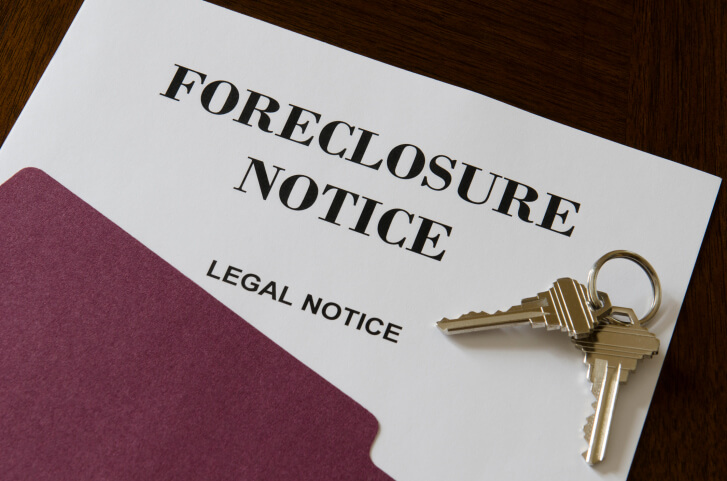
Top 10 Things To Know If You Receive A Foreclosure Notice
For many struggling homeowners, it can be very traumatic to receive a foreclosure notice. Fortunately, there are still things you can do to help yourself if you receive a foreclosure notice. Read on for the top 10 things to know if you receive a foreclosure notice.
- You do not have to leave your home immediately: When the bank sends you notice of a foreclosure, you don’t have to leave right away. In fact, you should stay in your home and begin saving as much money as you can for the day when you do have to move out.
- You may still have several months before your home is actually foreclosed on: The foreclosure process can take anywhere from 30 days to 3 months depending on where you live and the laws in your state. During this entire time, you can remain in the home.
- It may not be too late to stop the foreclosure: Usually, you can stop the foreclosure at any point during the foreclosure process. Some states refer to this as a “right of redemption.” You can stop the process by paying the back payments.
- You should contact your lender as soon as possible: Lenders don’t want to foreclose and many will work with you to find another option. The only way to find out if your lender can help is to talk to them, and the earlier you do so the more time you have to work something out.
- You may be legally obligated to respond to the foreclosure: Foreclosure is often a judicial action, which means the documents that come to your house come from the court. Don’t ignore them- the law may require you to respond within a given period of time.
- To get back on track with your mortgage, you usually have to become current– This means that once the foreclosure starts, simply beginning to make your regular monthly payment again won’t stop the foreclosure from happening. You will need to pay back everything you owe to the bank and then resume your regular payments.
- You may be able to stop foreclosure with bankruptcy: Both Chapter 7 and Chapter 13 bankruptcy contain provisions that allow homeowners to keep their houses. Even in these situations, however, you will have to pay all your back payments to keep the house.
- It may not be too late for a short sale: A short sale occurs when you find a buyer who is willing to buy the house, but who is only willing to pay an amount that is less than the total outstanding balance of the mortgage. Sometimes, your lender will agree to let the sale go ahead and to take the proceeds from it as full satisfaction on the debt since accepting this smaller payment may still be easier and more advantageous than foreclosure.
- You should start saving your money right away: Once your home enters foreclosure, you should begin saving as much as you can- including the money you used to send towards mortgage payments. You may need this money to put down a deposit on a rental or new place to live or to pay your moving expenses.
- Consider exploring alternative living arrangements as well: It may be a bit more difficult to find a place to live since landlords often check your credit, which will be damaged by the foreclosure. You may, for example, need to pay a large down payment to rent an apartment. It is best to know this early so you can save up enough money during the foreclosure process while you are still living in your home.